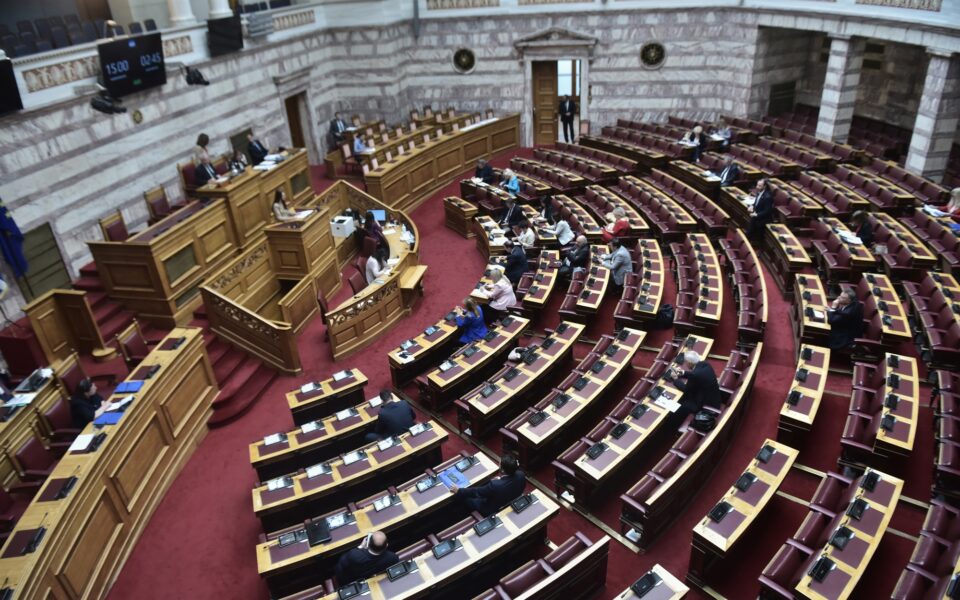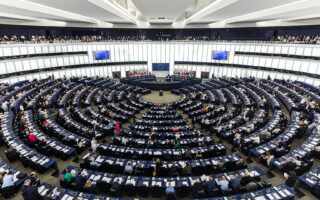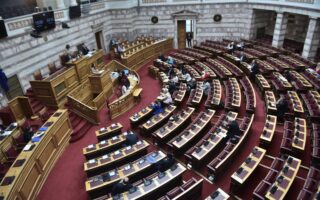Making excuses instead of policy

The way those who govern divert responsibility from themselves is a running sore in Greek politics and society. Governments do not evaluate their performance so much on the basis of their successes and failures but rather on whether their predecessors were worse, or whether their would-be successors would be even more so. And so, we are in a perpetual twilight between the failures of others and the dangers they still pose.
This helps governments and their supporters justify inexcusable mistakes, omissions and behaviors. Even worse, the collaboration between local and foreign interests always complicates things, preventing us from seeing reality, from evaluating it correctly and from acting accordingly.
The peculiarities of our “system” transform or undermine the supervisory bodies of the state, of the political system but also of the European Union, as the crisis showed. On the one hand, bankruptcy was inevitable, on the other, no one expected it. That is why we did not correct our course, why there still is no general understanding of what caused the crisis and how we will avoid such defeats in future.
Even a quick reading of modern Greek history shows that a driving force of our politics is contempt of rivals, which feeds the catastrophic twins of fanaticism and division. This mix becomes even more unstable when infused with the input of “foreign” agents, with whom one side or the other will work to increase its power domestically. When, sooner or later, this collaboration leads to failure, it confirms the suspicions we harbor for each other and for foreigners, even when they are our allies and partners. During the Cold War, bad right-wing governments justified their actions on the principle that they were fighting communism.
Then, the 1967-74 dictatorship claimed that it was saving Greece from incompetent politicians and from the Left. With the restoration of democracy, and the natural reaction against the dictatorship and the United States, a political culture developed in which “our mistakes” are nothing next to the “crimes” of others. This applies when the former government is a dictatorship, not when it was another democratic party. And yet, this is a basic ingredient of our public life. Even EU officials have overlooked the errors of allied political parties here (and perhaps elsewhere, too), jeopardizing the credibility of European institutions by taking sides.
It would be absurd if the current ruling party were to warn against the dangers of an electoral win by its opponents, as there is no credible opposition party. That is why the government focuses instead on the threat of destabilization. And it has set various targets for the results that it wants in the European Parliament elections, seeing a strong showing by itself as confirmation of stability. With its previous high scores as a measure (it won over 40.5 percent in 2023), it is in danger of coming up short, thus undermining itself and benefiting its rivals. In this way, it, too, will be looking for excuses instead of governing.





